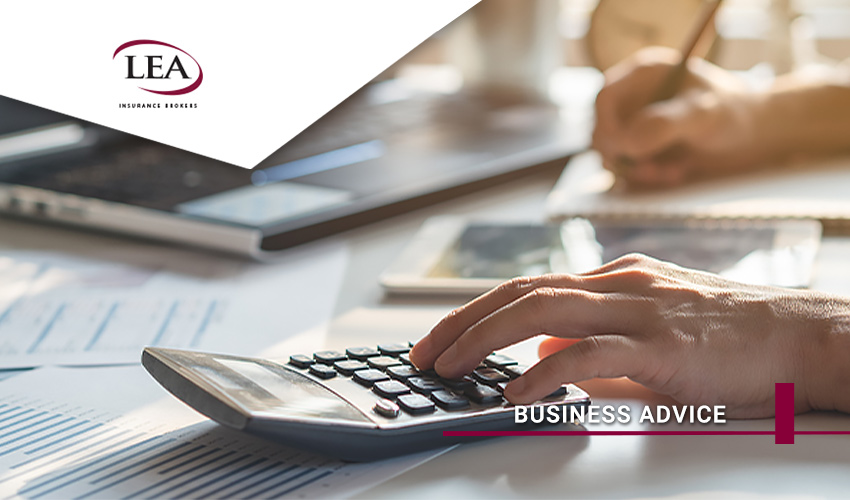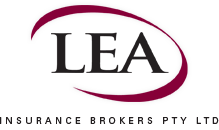
5 things you can do now to max your tax return
Running a business means you can claim a great deal at tax time, so take a magnifying glass to your possible entitlements. These tips will guide you, but also seek professional advice from a tax agent or your accountant about your business circumstances.
To begin, follow the Australian Tax Office’s (ATO) three golden rules for tax-deductible business expenses, which must be:
- For your business, not private use
- A mix of business and private use, but you only claim the part used for your business
- Backed up by your records
- Usually, for the payments you’ve made in the same income year you’ve incurred them.
Claim your premiums
Your business insurance premiums are a valid expense to claim at tax time if it’s cover that’s connected with earning assessable income. These include premiums for professional indemnity, public risk, motor vehicle, accident or disability, workers’ compensation, and loss of profits insurance. You might not think income protection insurance is deductible, but the ATO has allowed it in some circumstances. Generally, you can’t claim premiums for life, trauma, or critical care insurance.
Know your work-from-home entitlements
You or your staff may have had to work from home due to the COVID-19 pandemic. The ATO has a shortcut for calculating these expenses if your records don’t seem up to scratch. It will cover from 1 March last year until the end of June 2021.
As an employee, you can claim 80 cents per hour as long as you have evidence such as a timesheet, roster, or diary. That’s to cover the extra costs of electricity, lighting, home internet, and phone usage, plus stationery. The ATO isn’t expecting you to have created a separate home office, so if you work via your dining table, you could still claim.
Get your instant tax write-offs
As for businesses, the popular instant asset write-off scheme has been expanded to temporary full expensing. Those with a turnover of up to $5 billion can claim a tax deduction for eligible new depreciating assets. The asset must be first held and installed, ready for use, from 6 October 2020 and before 30 June 2022.
This incentive applies to new and used assets. However, if it is a second-hand asset, your aggregated turnover must be less than $50 million. Find out more from this official ATO site.
Top up your super
Your pre-tax salary-sacrificed and employer contributions to your superannuation can be up to $27,500 each financial year. But, don’t leave it until 30 June as BPAY takes a couple of days to process the transfer. Look into splitting your super contributions with your spouse if they’re aged under 65, have reached the preservation age, and have retired. It’s a way of feeding extra funds into your super that only attracts a 15% tax rate. Moneysmart and the ATO have more information.
Work expenses you should be claiming
Keep in mind what determines when you can claim your tax deduction. Claim office stationery, wages, and other operating expenses in the year you’ve paid for them. Typical expenses are power, landline/mobile phone calls and services, cloud storage, water, rates, land tax, and renting your business premises. It gets a bit tricky with pre-paid expenses, so check the ATO for guidance. As for machinery, equipment, and other capital expenses, you can claim them over a longer period than those for operating. Repairs on income-producing equipment may also be tax-deductible but check with your accountant as it can be muddy.
If you use a vehicle for work, whether it’s registered privately or for your business, you should be able to use your logbook, diary, or even an automatic GPS logbook app (ATO approved) as evidence to claim mileage and running costs. You could claim for work-related expenses such as:
- Magazines or newspapers
- Sunglasses and sunscreen if you or your staff work outdoors
- Education, technical, professional qualifications, or conference attendance
- Safety equipment for your workplace
- Donations to organisations with a deductible gift recipient status
- Salaries and wages to staff
- Fringe benefits
- Travel expenses for relocating staff
- Losses to your business due to fraud, theft, or embezzlement.
We hope you’ve found these tips helpful.
Useful links:
The ATO’s income tax deductions webinar
Australian Tax Office information in languages other than English
